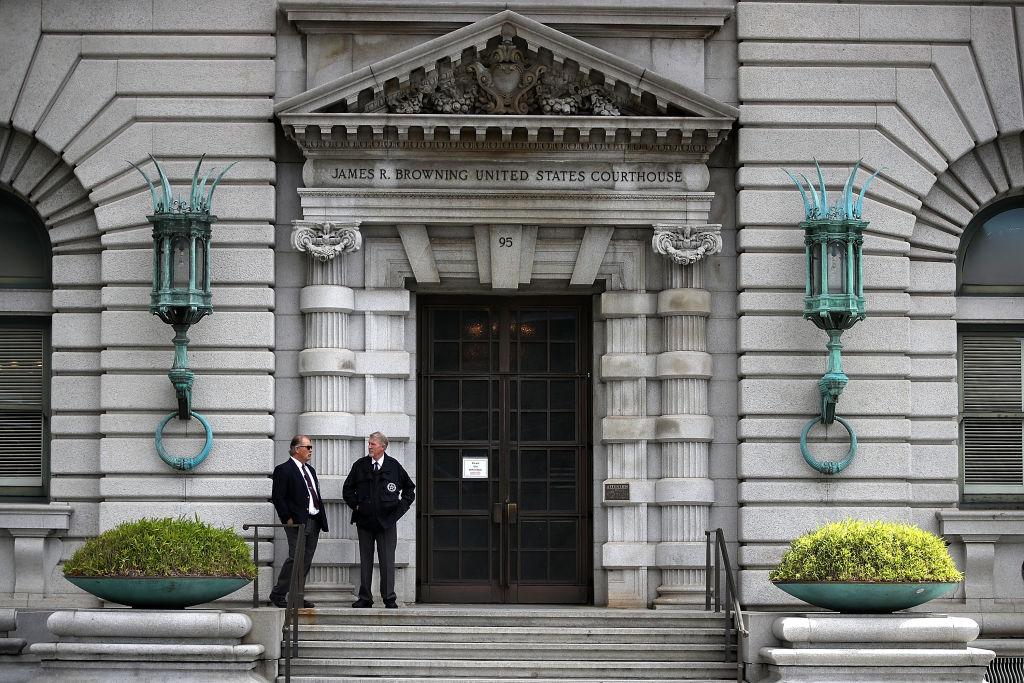Courts in Brooklyn have been asked to decline to prosecute low-level offenses that don’t jeopardize public safety amid the COVID-19 outbreak, Brooklyn District Attorney Eric Gonzalez announced Tuesday.
The move is part of a thrust by his office to deploy social distancing strategies, aiming to protect employees and visitors from coming into contact with the CCP (Chinese Communist Party) virus, commonly known as the novel coronavirus.





